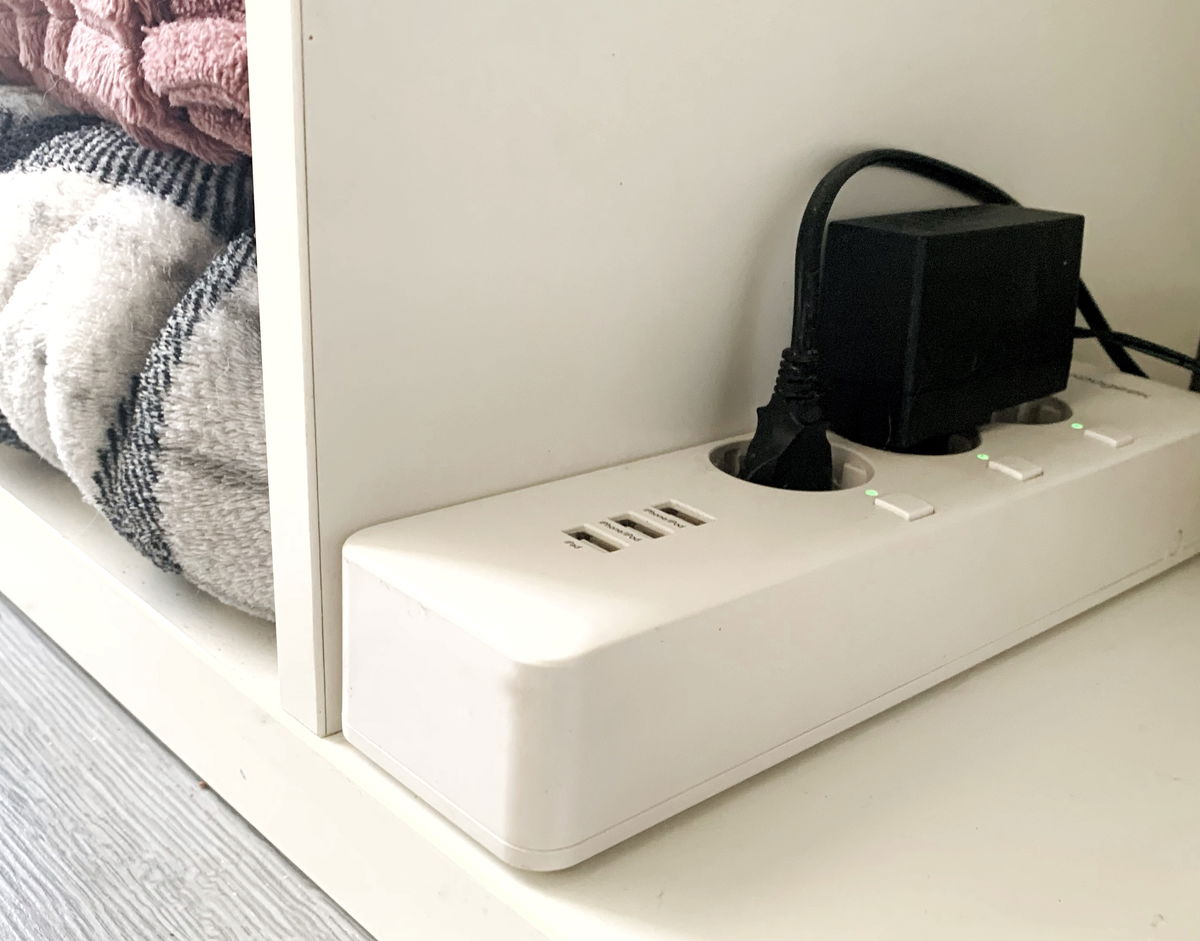Bruxism is a muscular activity of the jaw characterized by grinding or clenching of the teeth or pushing of the jaw. This can happen both in the daytime and in a dream.
Sleep bruxism is often associated with a variety of psychosocial, social, and lifestyle factors. These are stress, anxiety, depression, smoking, alcohol, etc.
A scientific article published in Sleep Medicine analyzed data from 2251 people. All of them had to answer questions in the questionnaire.
When all the necessary factors were taken into account, it was revealed that there was an indirect relationship between anxiety and sleep bruxism. And this should be taken into account in the treatment of these two diseases. Additionally, there may be a link between anxiety insomnia and sleep bruxism.
News cannot be equated with a doctor’s prescription. Consult an expert before making a decision.
Source: Ferra










